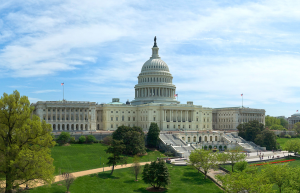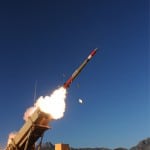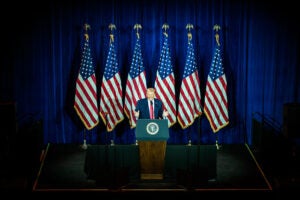
A group of 19 lawmakers from both congressional parties have asked President Joe Biden to create a new “interagency maritime policy coordinator” position to organize American maritime and seapower policy. In a Jan. 29 letter, lawmakers argued the U.S. “has failed to give proper attention to the elements of our national sea power” just as China is expanding its strategic sea-based influence. They want this new coordinator to also help influence industrial base resource decisions across the military and commercial…

 By
By 











